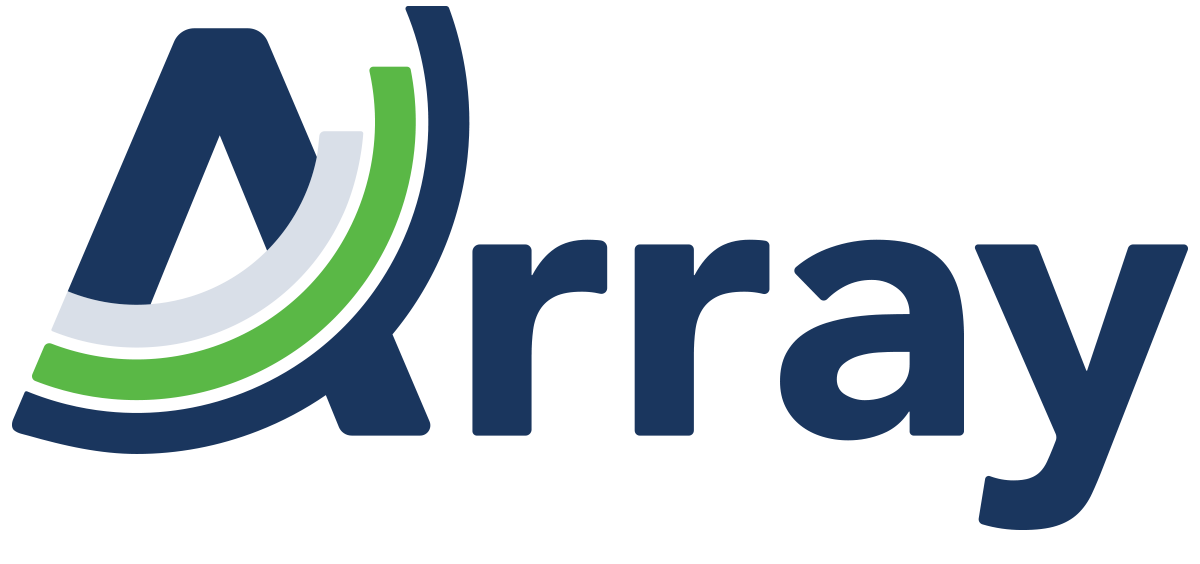Every week, the Array team reviews the latest news and analysis about the evolving field of eDiscovery to bring you the topics and trends you need to know. This week’s post covers the period of March 16-22. Here’s what’s happening.
Be Prepared When Asking for a Discovery Redo
On eDiscovery Today, Doug Austin writes about a discovery ruling in Li v. Merck & Co. that’s an example of what courts may require to prove that documents weren’t produced in a proper fashion and should be reproduced.
In this matter, the defendants argued plaintiff’s document production had pervasive issues, including:
- PDF files that spanned hundreds of pages;
- lack of metadata, dates, and sender/recipient information; and
- documents produced without organization.
The defendant provided examples of the problems, including a PDF that appeared to be a collection of random documents produced as one 10-page PDF. The plaintiff denied the problems were pervasive. While the defendants sought the court to order the plaintiff to redo its document production, the court wanted to first establish whether the problems were extensive and not just contained to a few examples. The judge ordered the defendant to file 200 to 300 pages (not just 10) of the plaintiff’s produced documents in the form provided by the plaintiff.
The plaintiff also took issue with the defendants’ production as well, saying the defendants produced documents that weren’t labeled to correspond to her request for production or kept in the ordinary course of business. Defendants denied this. The judge’s response: He ordered the plaintiff to file 200 to 300 pages of the defendants’ produced documents in the form provided by the defendants.
The bottom line: Be prepared to bring comprehensive receipts if you want a judge to order the other side to reproduce their documents in a different format. In some cases, it may be worth your time to reproduce the other side’s documents for a court review if there are serious issues in production that would delay your discovery review even further.
Multi-Perspective Predictions
Thanks to those who attended Array’s recent webinar in conjunction with Relativity, “Legal Technology Horizons: Multi-Perspective Predictions for 2025.” I was among the industry experts from Array and Relativity who shared their insights on the evolving landscape of legal technology.
In case you’ve missed it, here is an article that summarizes some of the valuable perspectives shared by the speakers. Along with myself, the webinar featured:
- David Horrigan (Moderator) – Discovery Counsel and Legal Education Director at Relativity
- Katie Hegarty – Manager, Sales for Legal Services at Array
- Chris Haley – VP, Practice Empowerment for aiR at Relativity
- Jim Witte – Group Product Manager at Relativity
David set the stage by discussing AI in discovery workflows, predicting a pullback on courts trying to legislate the use of AI through rules. David mentioned his conversations with judges who consider these orders “perhaps reactionary and perhaps a little overkill.”
I focused on how new roles will emerge to support AI implementation, introducing the concept of “Legal Data Intelligence” (LDI), and discussed how prompt engineers will emerge as key roles, working in-house, at law firms, or with service providers like Array. I think technology differentiators will become more workflow-centered as generative AI capabilities equalize across platforms.
My final prediction: The emergence of a legal technologist or legal engineer role will be critical for advising case teams. They will understand the legal strategy and the goals of the case team and how to get those goals accomplished through technology.
Other recent eDiscovery news and headlines:
-
- These Recent Court Rulings Shaped E-Discovery Strategies (Law360, subscription required)
- Gen AI Is Not ‘The End All Be All’ in E-Discovery: A Chat With Legalweek Speaker Xavier Diokno (Legaltech News)
- Kirkland & Ellis Partner: Slow-Evolving Case Law Is a Major E-Discovery Challenge (Legaltech News)
Julia Helmer; Director, Client Solutions
With 15 years of expertise, Julia excels at optimizing enterprise eDiscovery workflows from start to finish. With a deep understanding of how to seamlessly integrate workflows across various eDiscovery platforms, Julia creates tailored solutions for data identification, legal holds, ESI collections, and productions. By harnessing the power of Technology Assisted Review and Analytics, she delivers efficient, cost-effective results that align with best practices and budgetary constraints. Julia’s exceptional communication and customer service skills have fostered strong, lasting relationships with both clients and Project Management teams, enabling her to effectively problem-solve and drive success across numerous projects.

